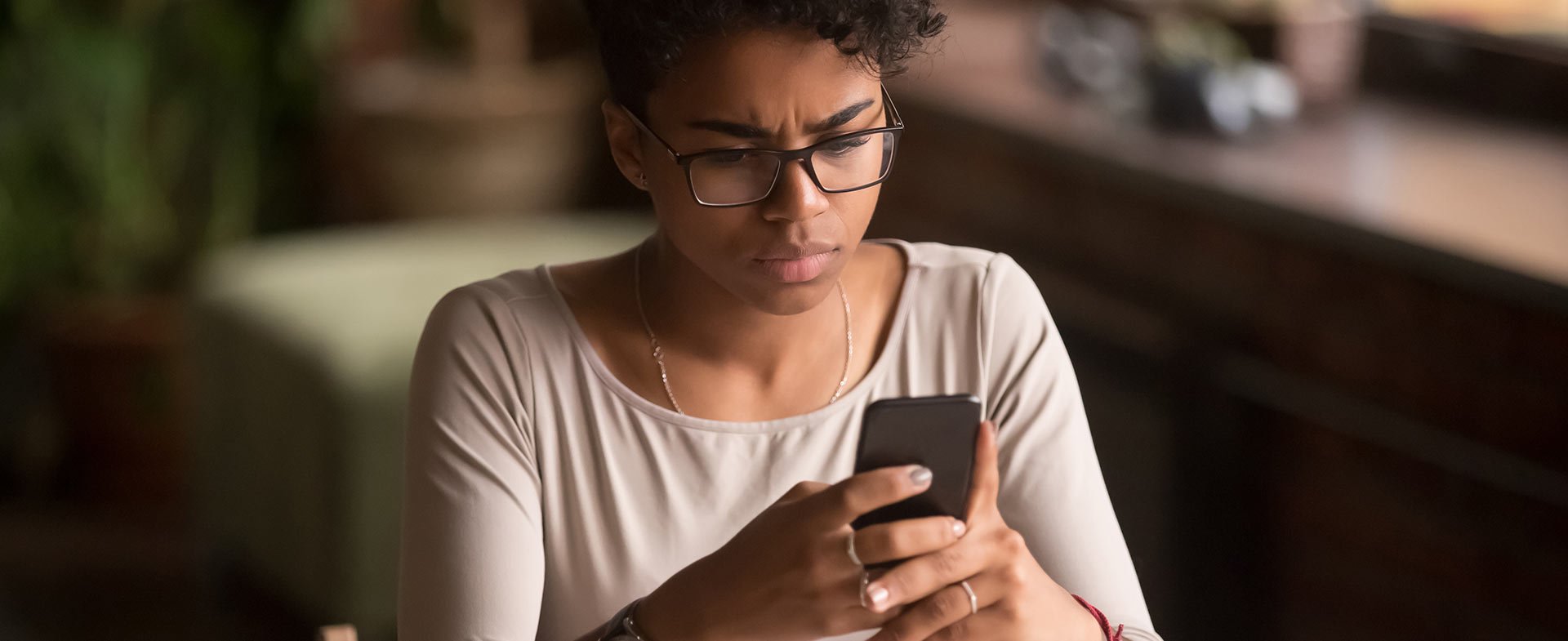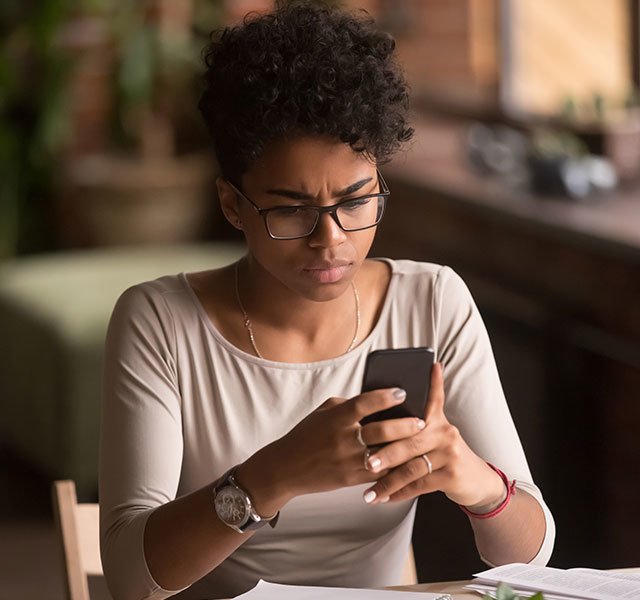The coronavirus, or COVID-19, is inciting panic for a number of reasons. It’s a new virus, meaning no one has immunity, and there is no vaccine. Its novelty means that scientists aren’t sure yet how it behaves — they have little history to go on. Last week, the World Health Organization (WHO) labeled the virus as a pandemic. In the stock market and communities alike, herd mentality is taking over: people are being influenced by one another and letting emotions dictate their behavior, instead of taking a rational approach. (Herd mentality can explain why both the stock market has plummeted and why toilet paper is flying off the shelves, says Henry Ford Health psychologist Philip Lanzisera, Ph.D.)
Measures are being taken that are unprecedented in recent history: schools are closing, sports teams aren’t playing, vacations are canceled, family gatherings rescheduled. Although these preventative actions are for good reason, they can also partly explain why people are getting worried.
“These are appropriate things to do, but it’s understandably frightening because nothing like this has happened in our lifetime,” says Dr. Lanzisera. “It’s human to be anxious. At the same time, there are lots of reasons not to be scared. Be reasonable and be cautious, but don’t be frightened.”
Here, he shares how to keep calm amid a wave of panic.
- Stay away from social media and up-to-the-minute news. “What makes the news? Worst-case stories,” Dr. Lanzisera says. “What we don’t hear about—at least not with the graphicness of the horror stories — is the majority of people who recover without any particular intervention. When you’re consumed by the news, mindless terror takes over. Focusing on horror stories fuels anxiety and fear.” Keep yourself informed — check for factual updates on the virus from trusted sources like the Centers for Disease Control (CDC)—but refrain from obsessive Googling.
- Know the facts. The WHO has labeled COVID-19 as a pandemic, but that doesn’t mean you need to freak out. A pandemic doesn’t describe the deadliness of an illness, but how widespread it is. As of now, 80% of people infected experience mild, cold and flu-like symptoms. Also, according to the CDC, COVID-19 is thought to be a droplet disease, meaning it spreads from person to person via respiratory droplets, like when someone coughs or sneezes. Constructive precautions to take include staying away from large crowds, disinfecting surfaces, and washing your hands frequently.
- Actively remind yourself of reasons not to worry. “There are questions we use to cope with anxiety,” Dr. Lanzisera says. “Ask yourself: what are all of the reasons I should feel safe? What are all of the things I am doing to make a bad outcome less likely? Why should I not be afraid?” Reassure yourself with steps you’re taking recommended by the CDC like washing your hands and staying away from concerts and large venues. Counter your fear and be deliberate in your defense, he says.
- Create a new routine. If you’re stuck at home with the kids, that doesn’t mean you can’t go outside. Take a walk, go for a bike ride. Staying cooped up inside the house isn’t good for you, Dr. Lanzisera says. “Don’t be afraid to do things that are low-contact, enjoyable, and healthful,” he says.
- Occupy your mind with relaxing hobbies. Whether you play the piano, read a book, paint, play a board game or meditate, all of these activities can help calm your mind and prevent you from reaching for your phone or computer and falling into a downward spiral of despair.
- Live alone? Call a friend. Luckily, we live in a tech age that allows us to connect with friends, even while stuck at home by ourselves. Whether on the phone or via Skype, talking to people has been proven to reduce depression and feelings of anxiousness. (But try not to talk all about the coronavirus!)
- If you have severe anxiety, seek help from a specialist. If you have a history of anxiety, you might need additional help. Dr. Lanzisera recommends talking to a professional who can further help you deal with your fears head on.
For up-to-date information about Henry Ford Health’s response to the coronavirus, visit henryford.com/coronavirus.
To learn more about Henry Ford’s virtual care services, including virtual visits, MyChart messaging and other options for care, visit henryford.com/virtualcare.
Dr. Philip J. Lanzisera is a psychologist who specializes in treating patients with anxiety and depression, trauma-related disorders and pain-related disorders. He sees patients at Henry Ford locations in Detroit, Clinton Township and Troy.



